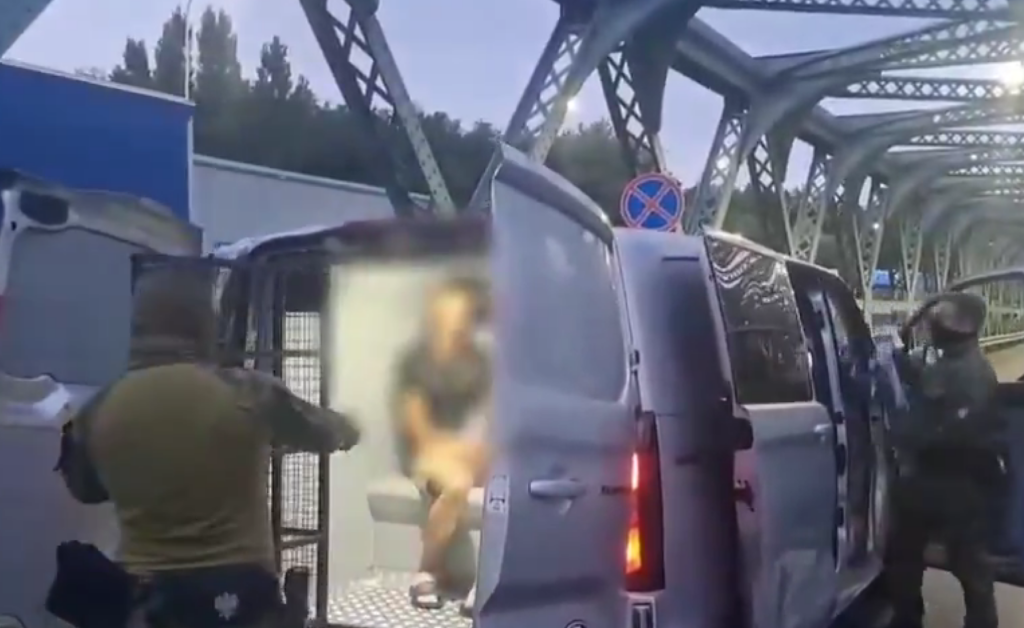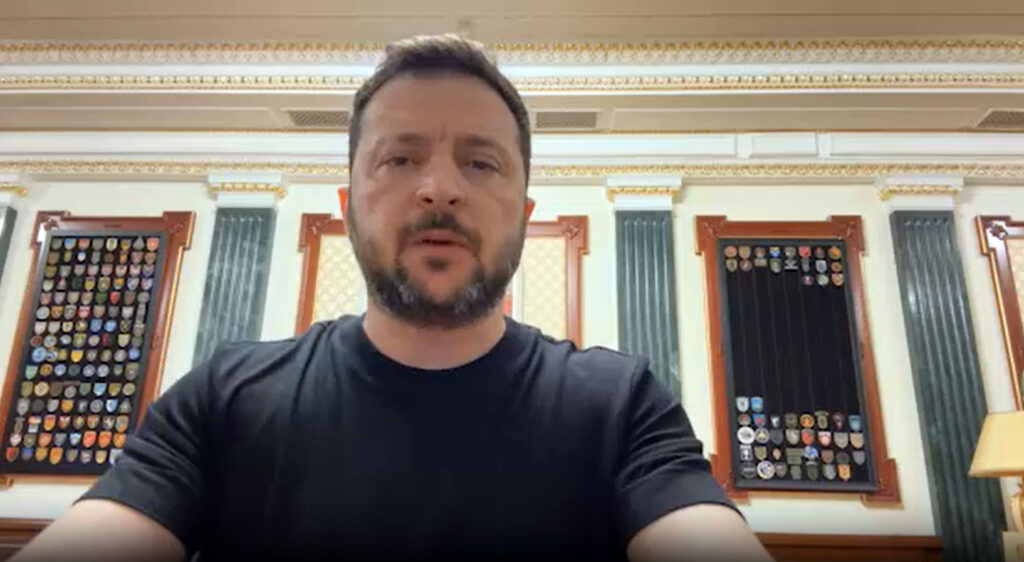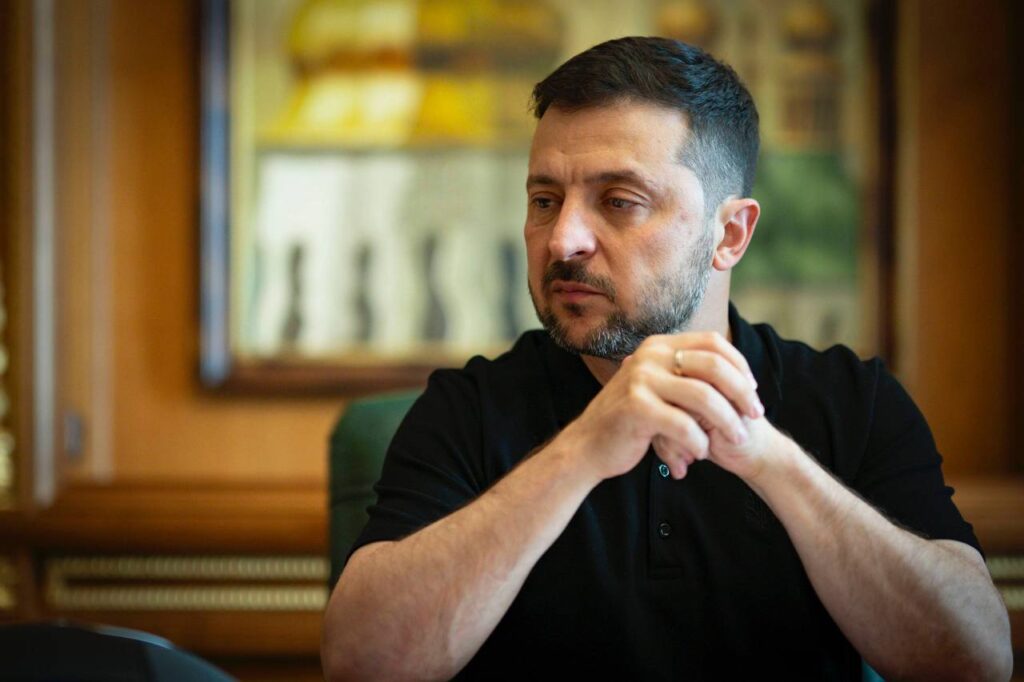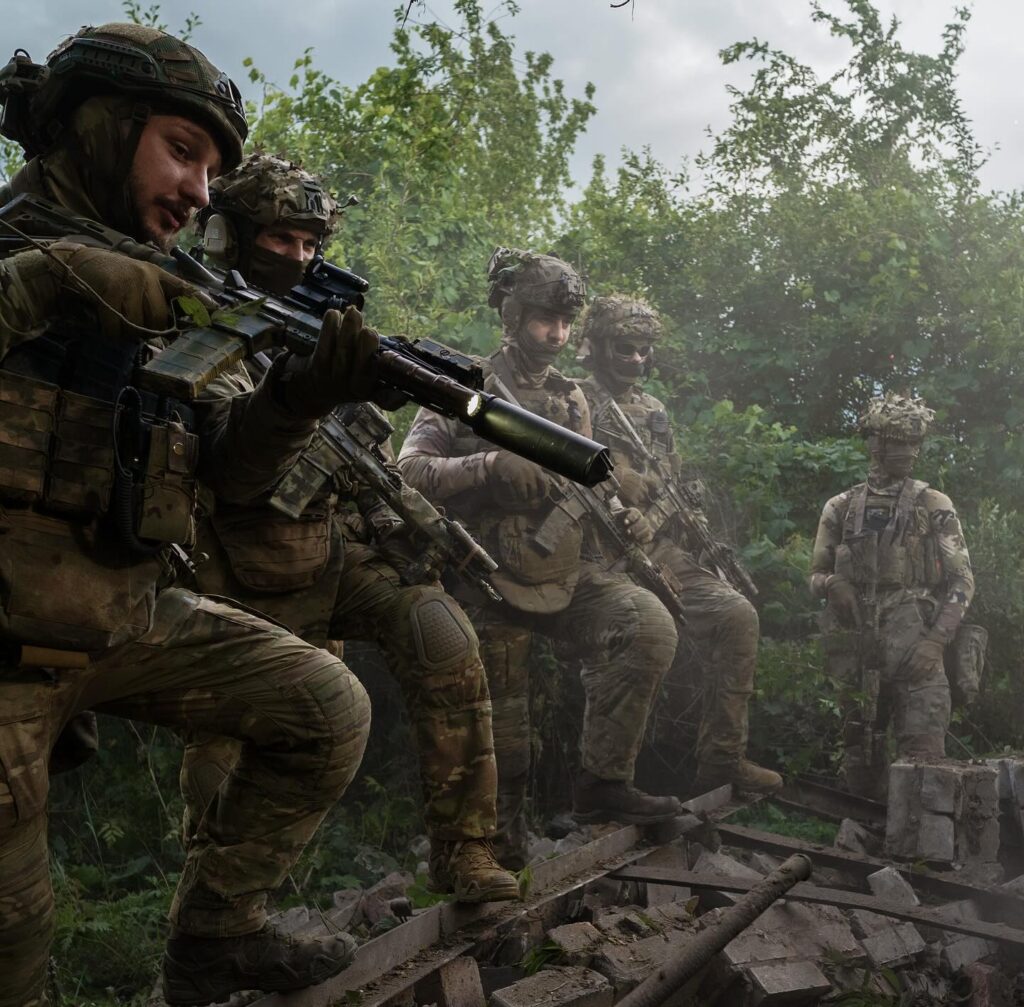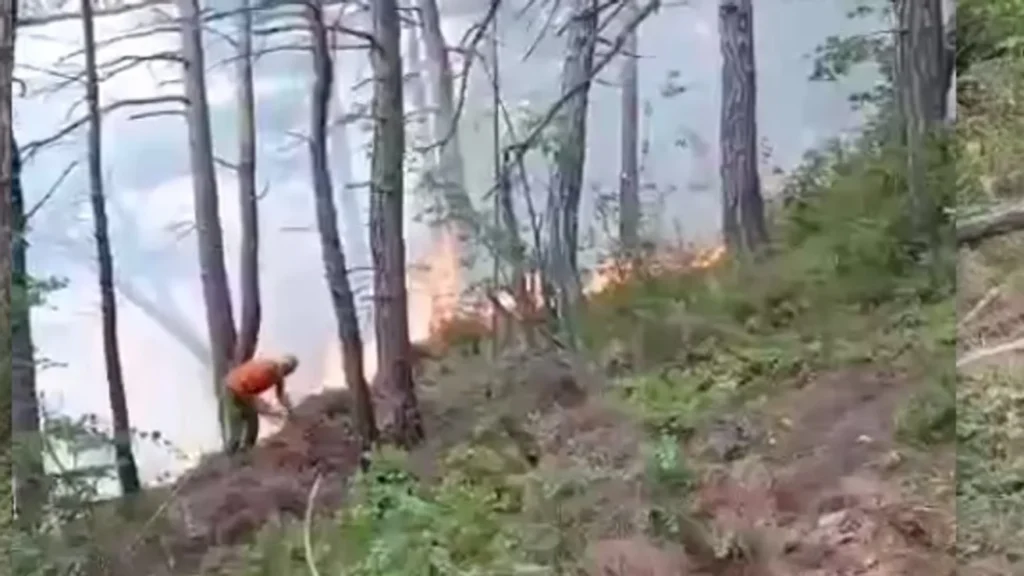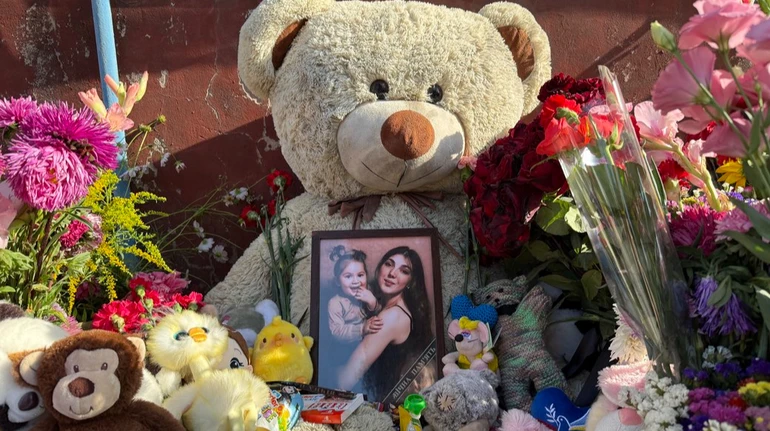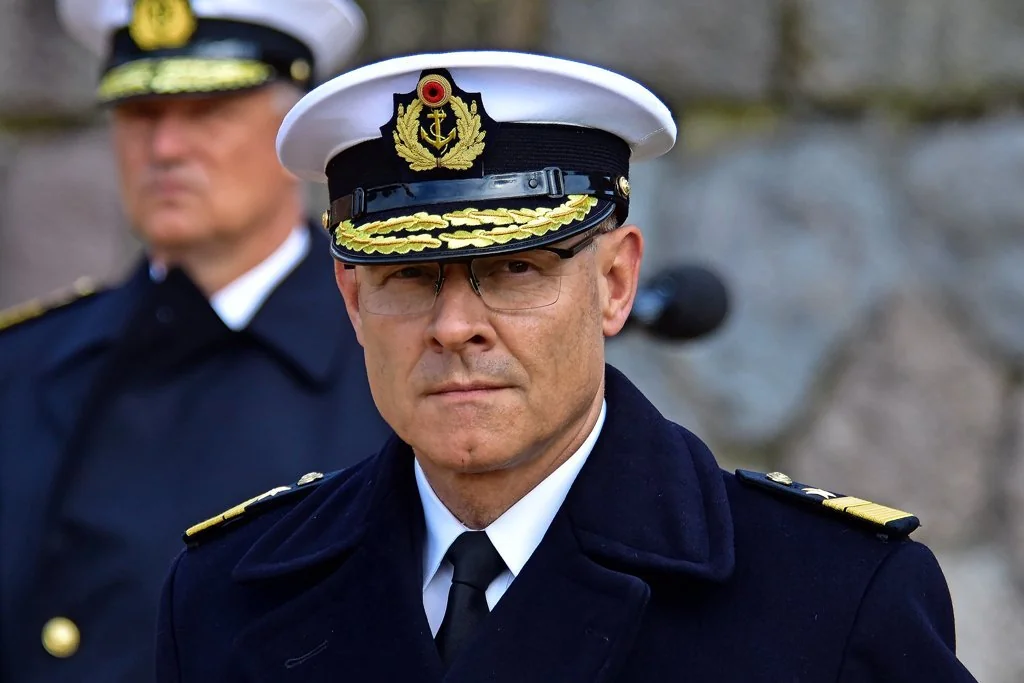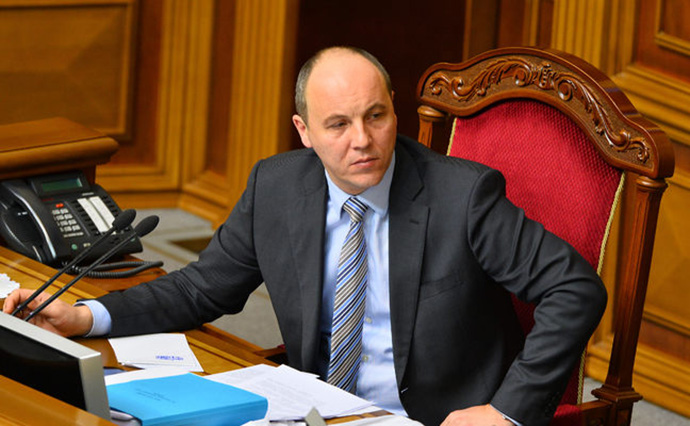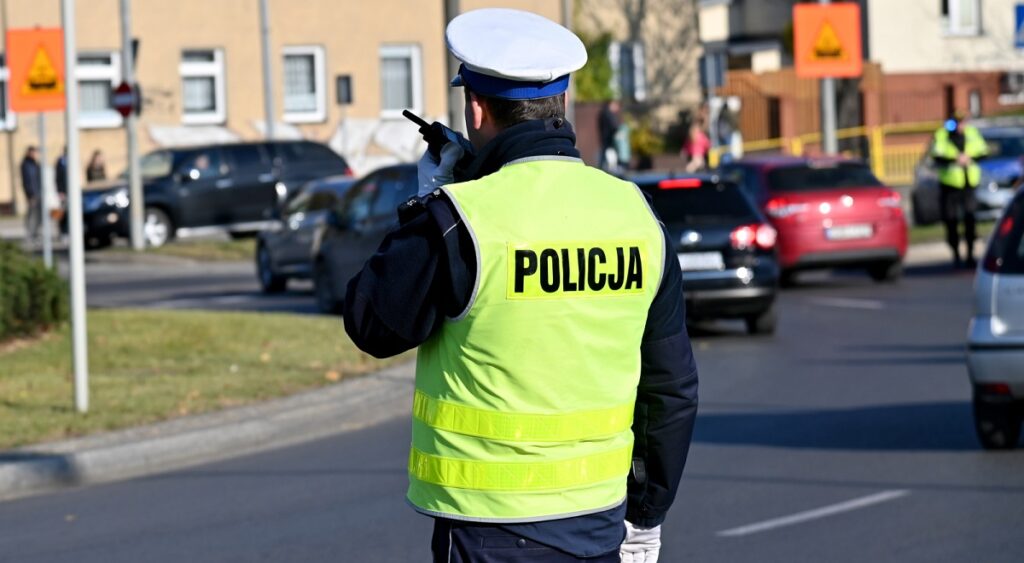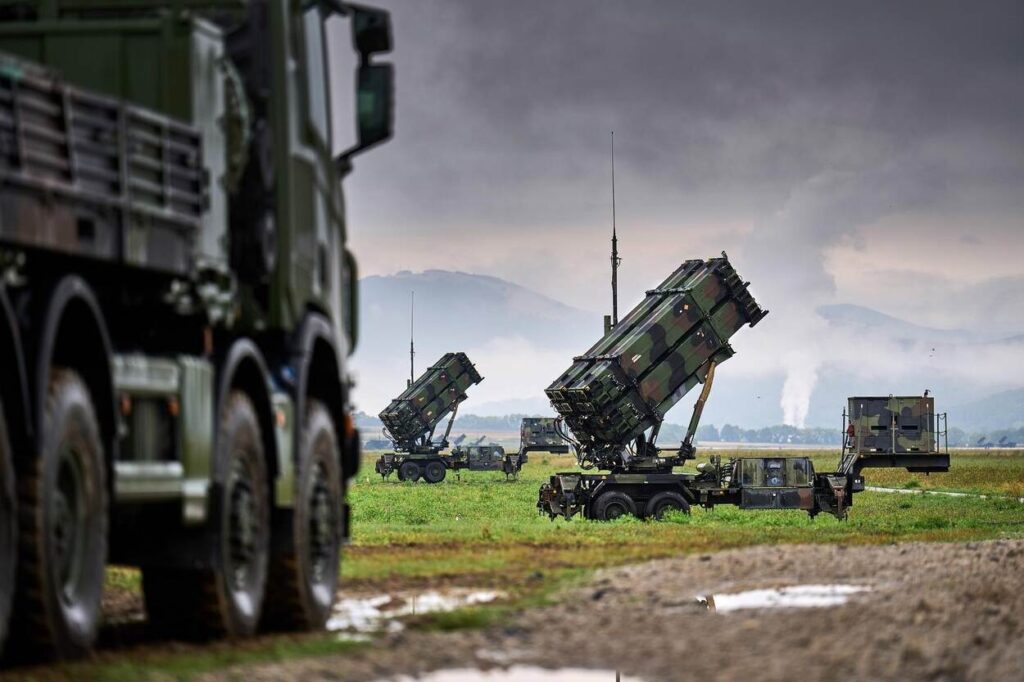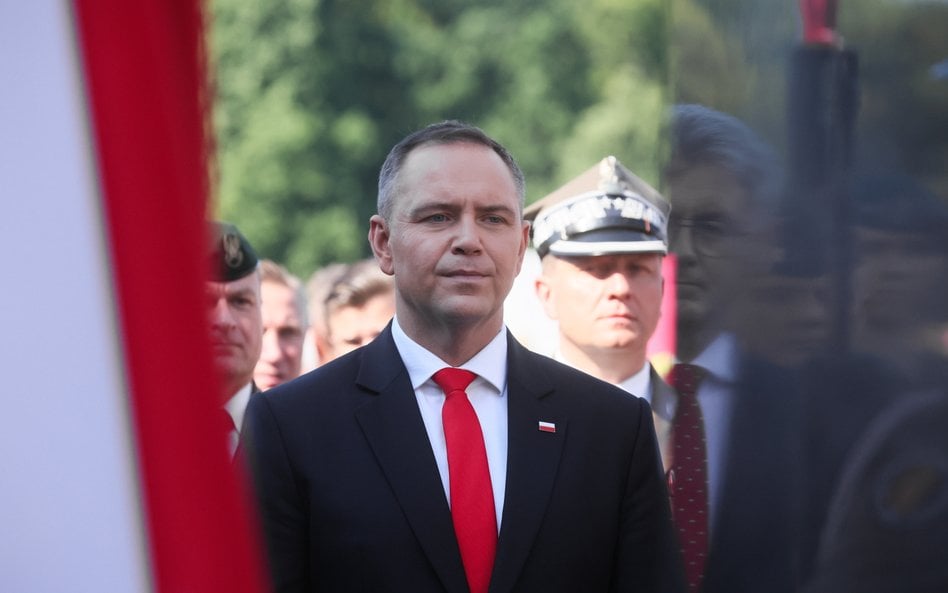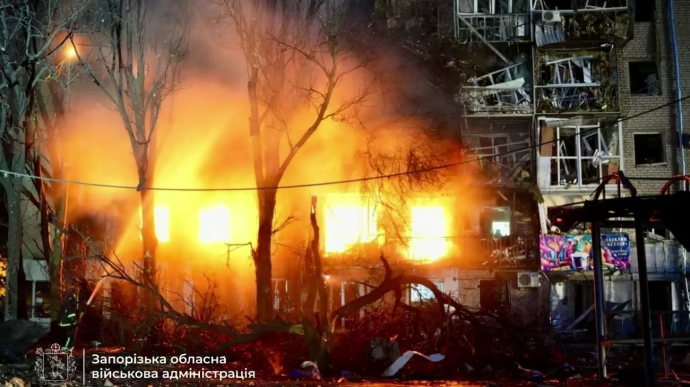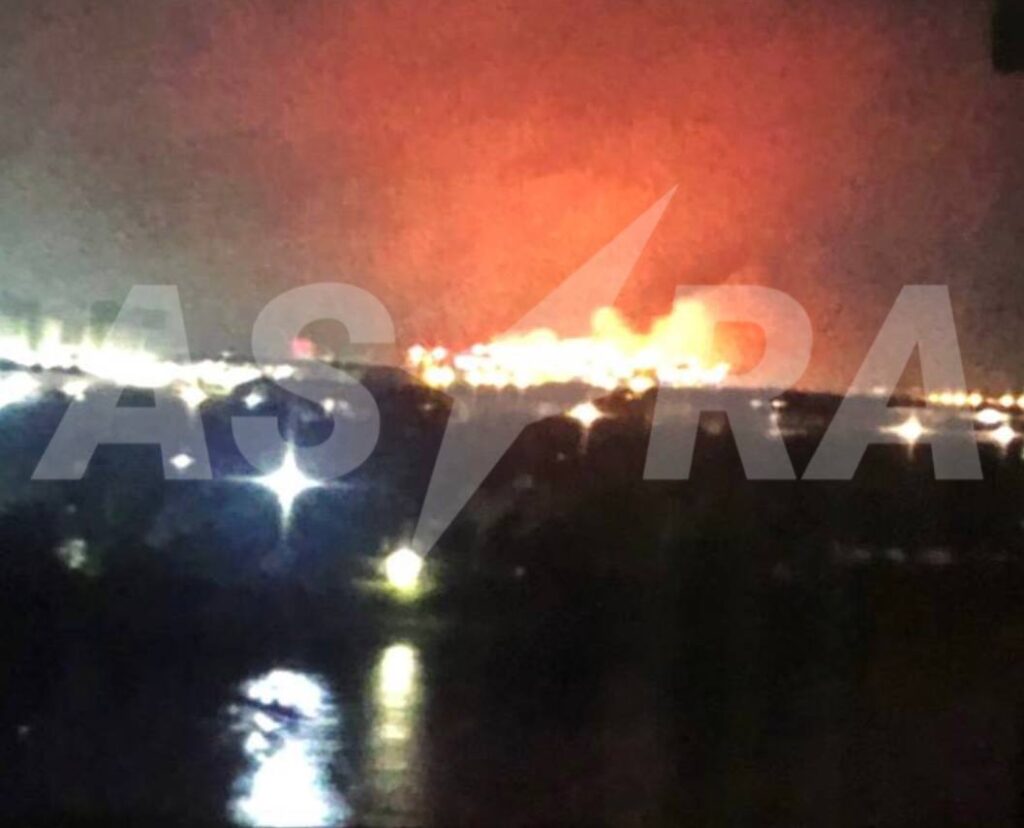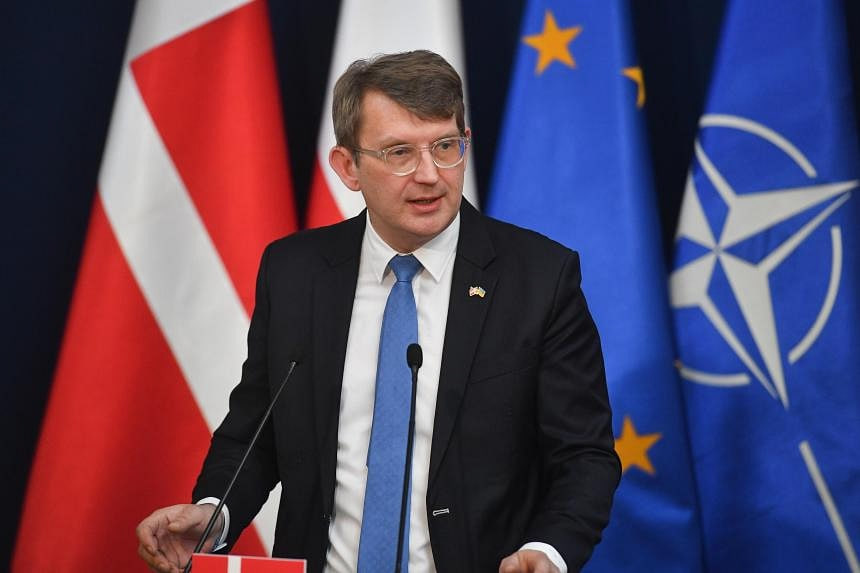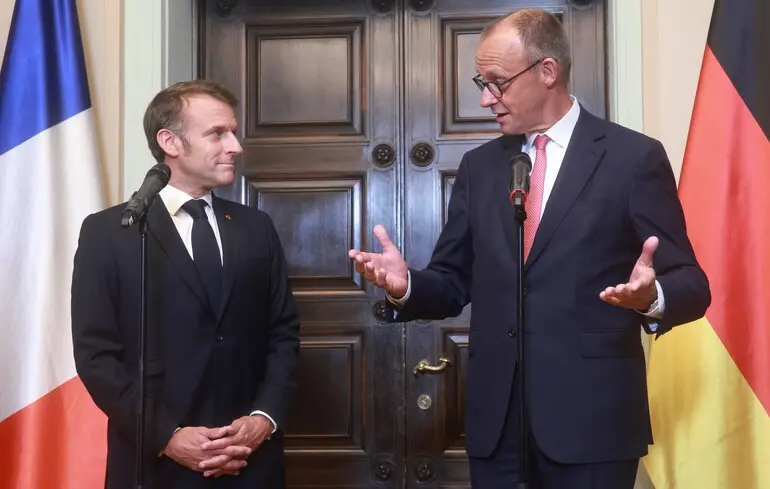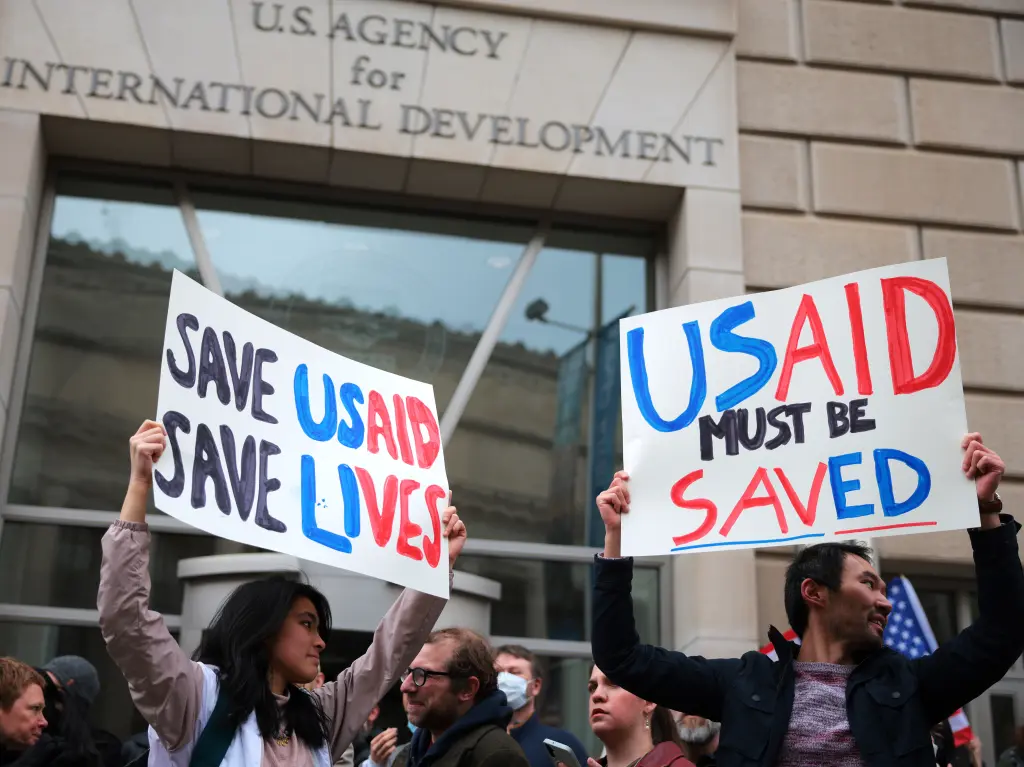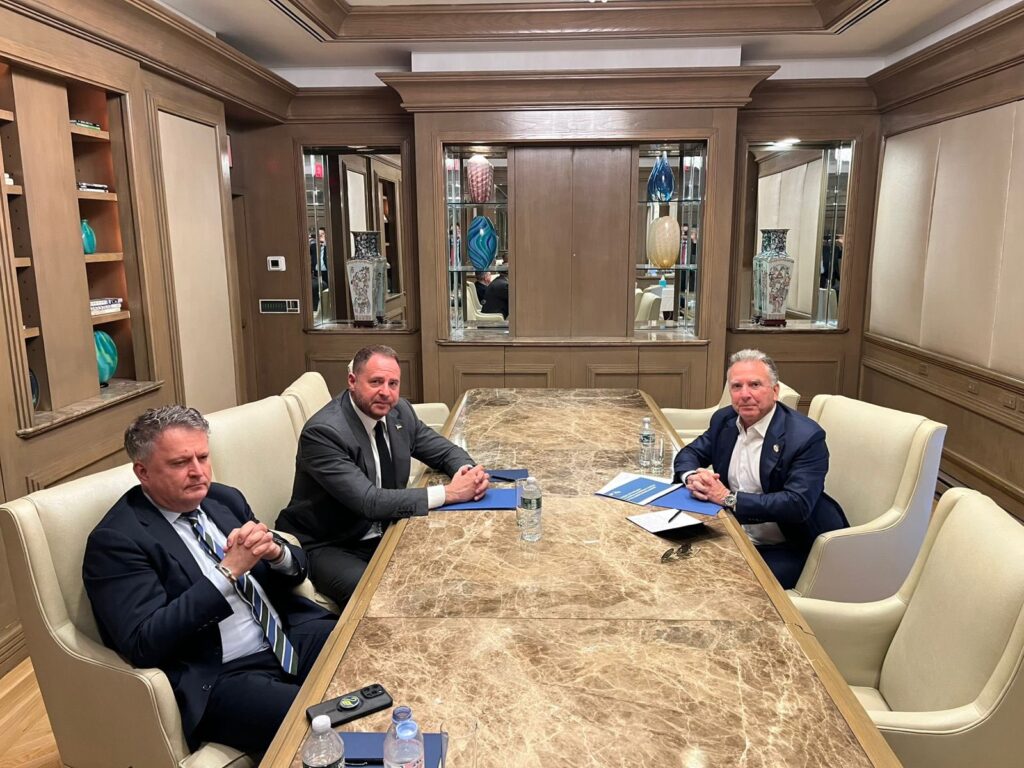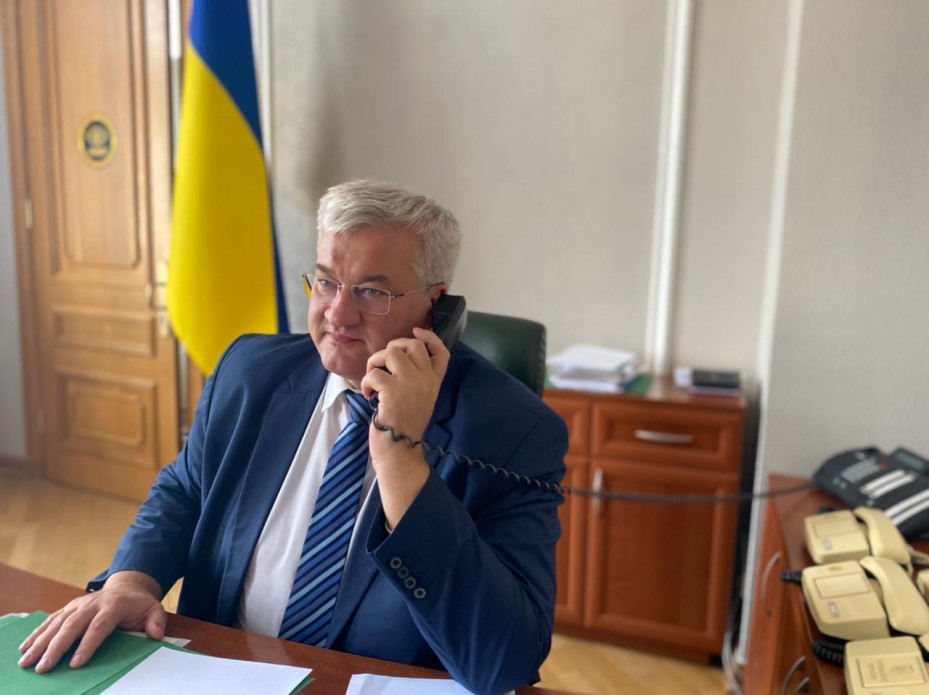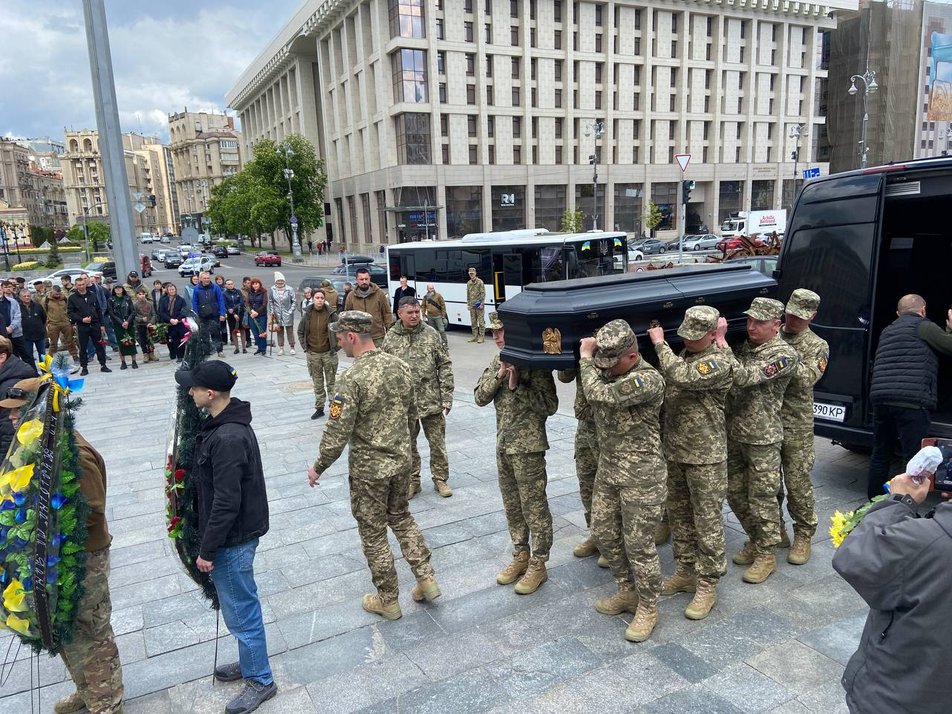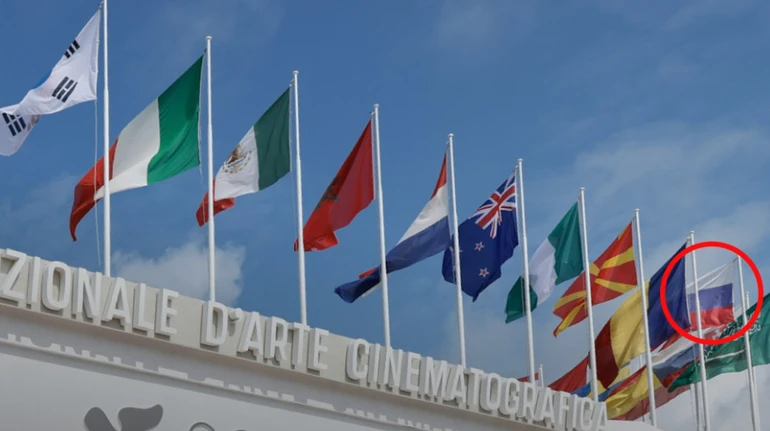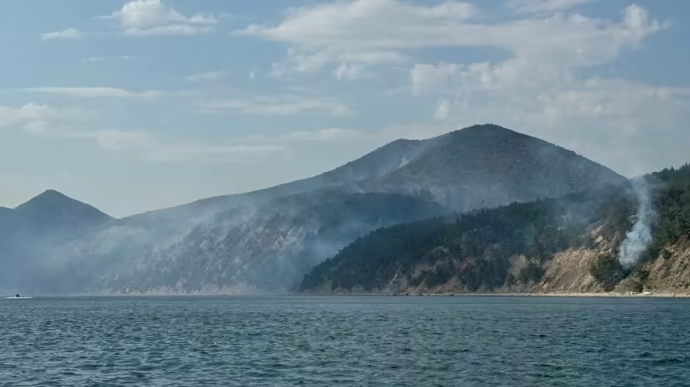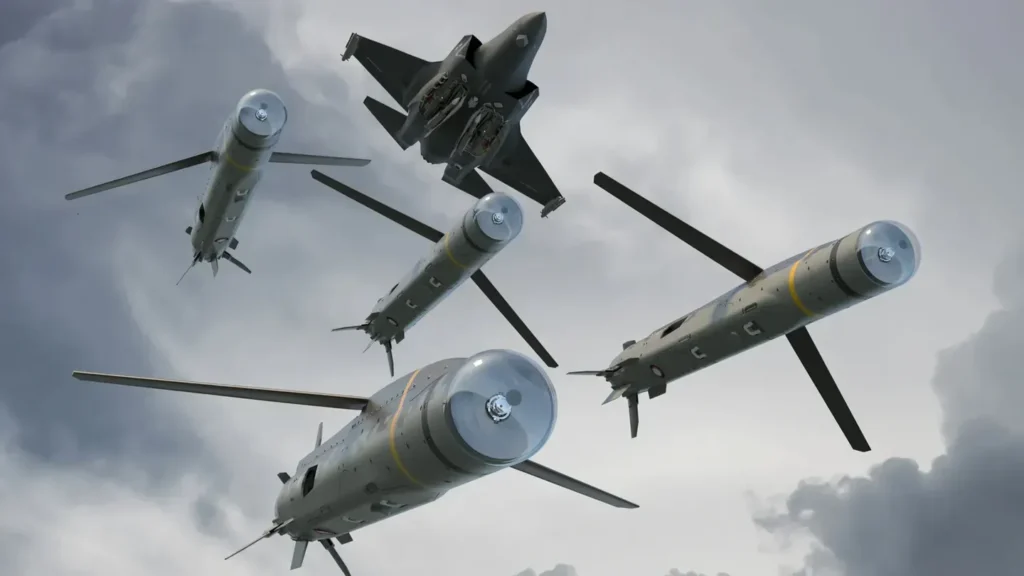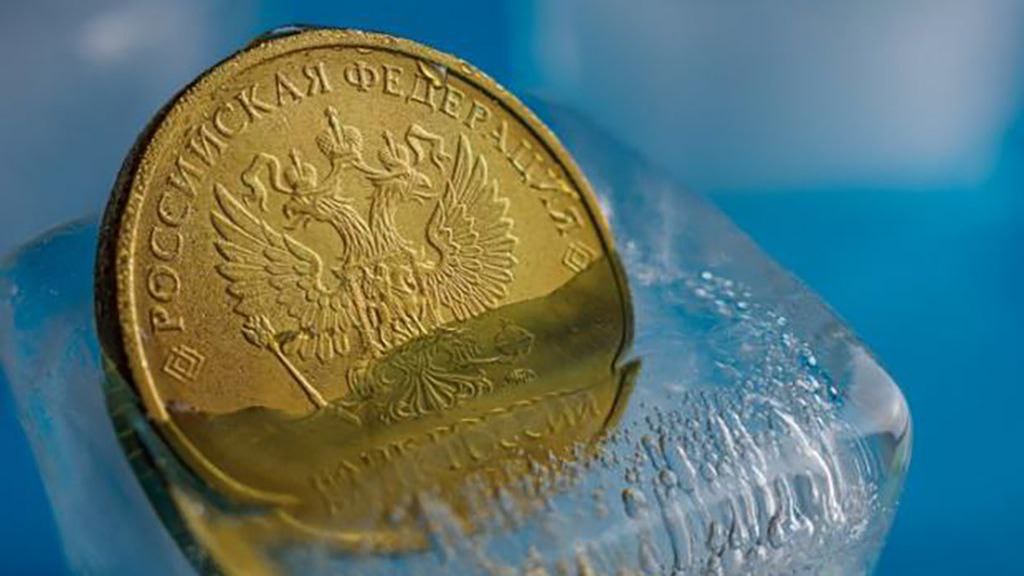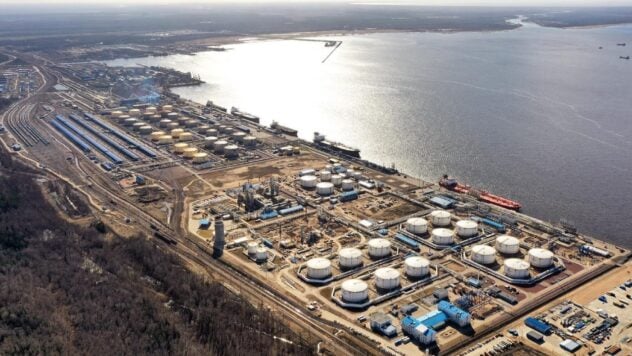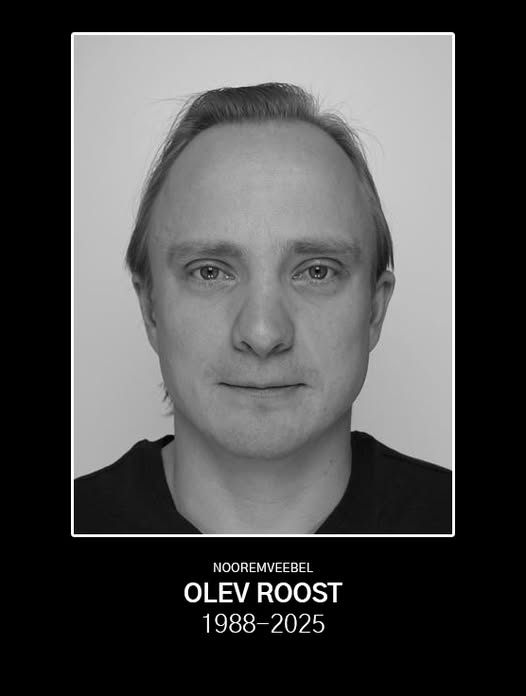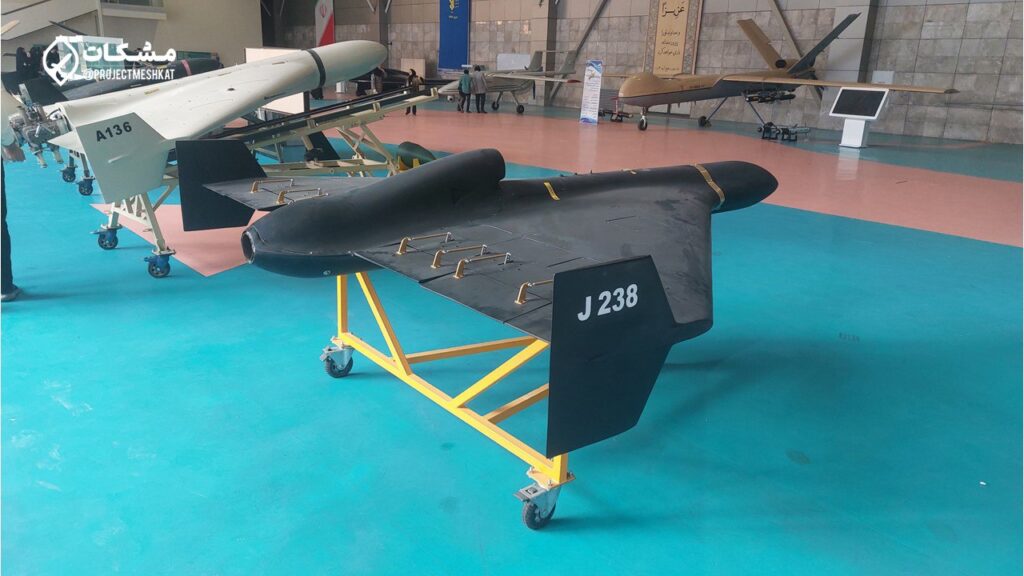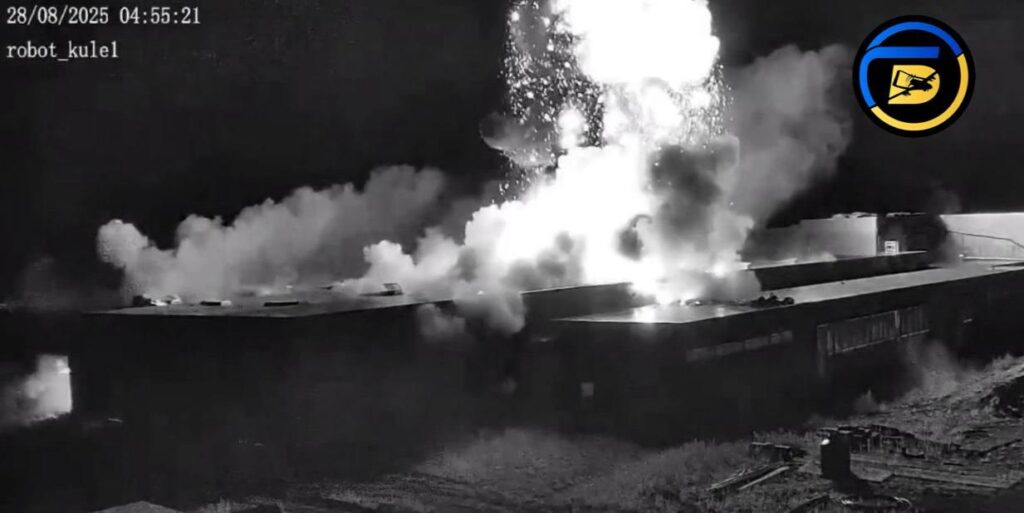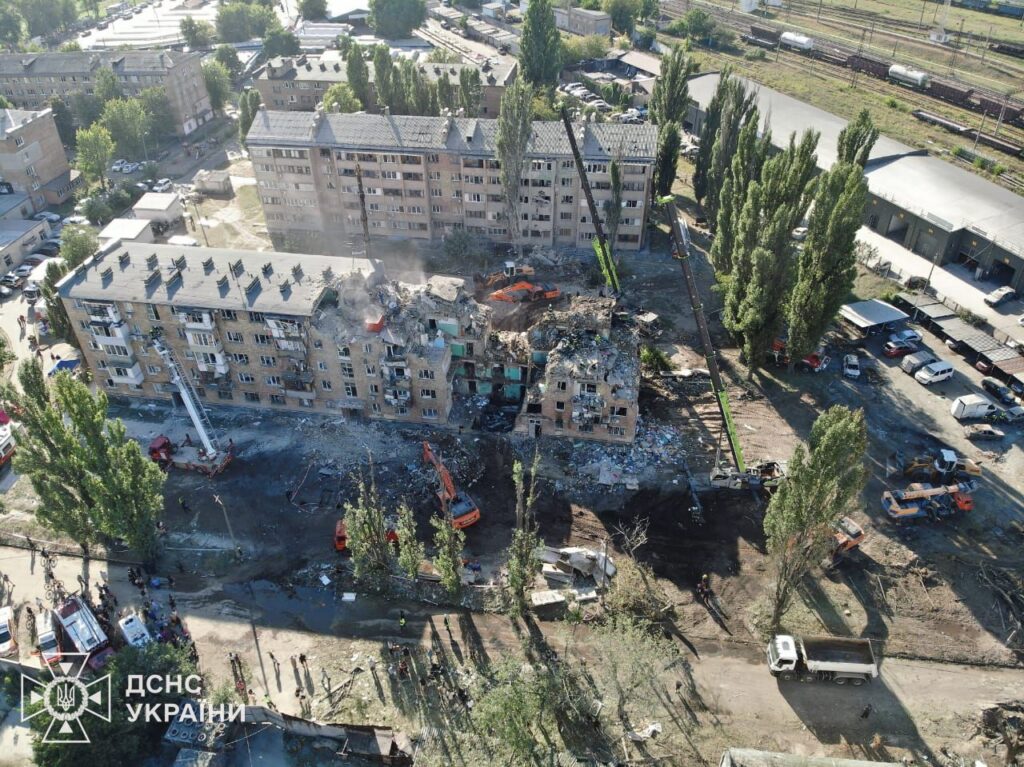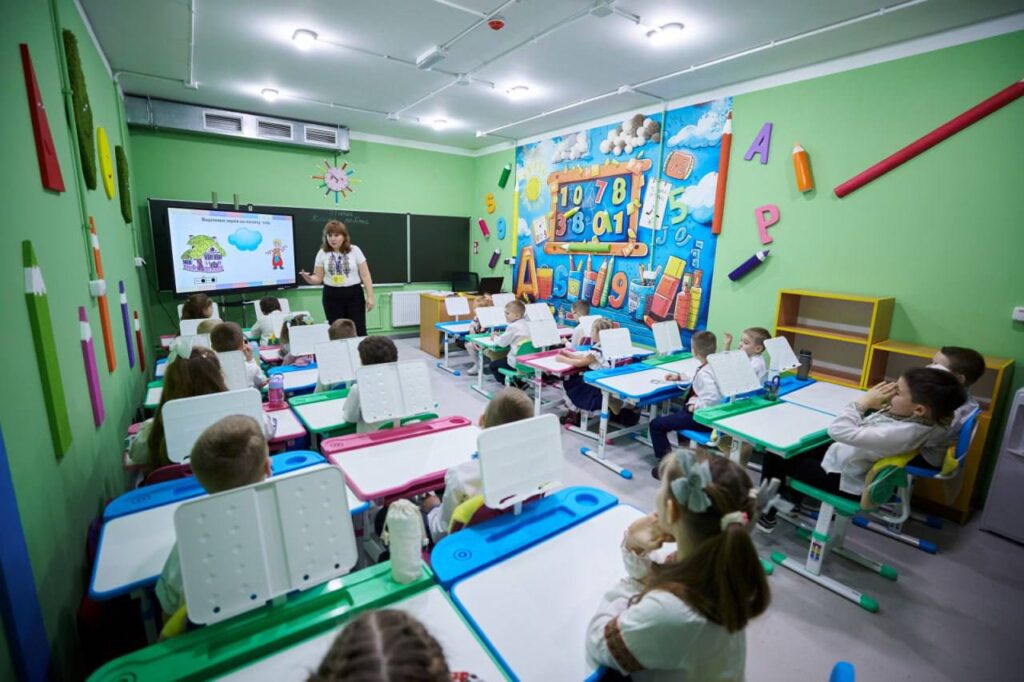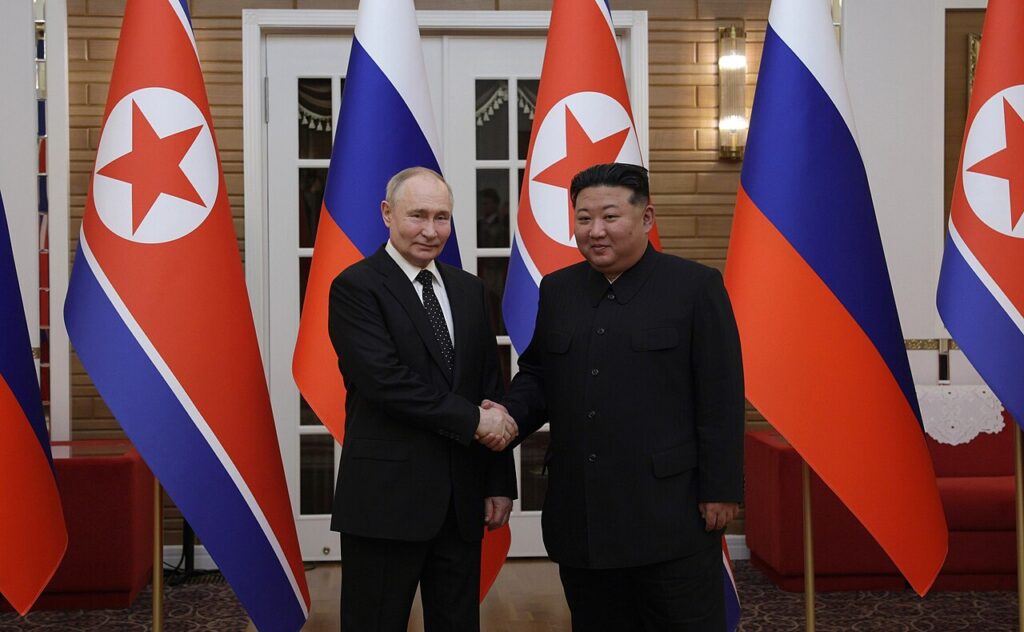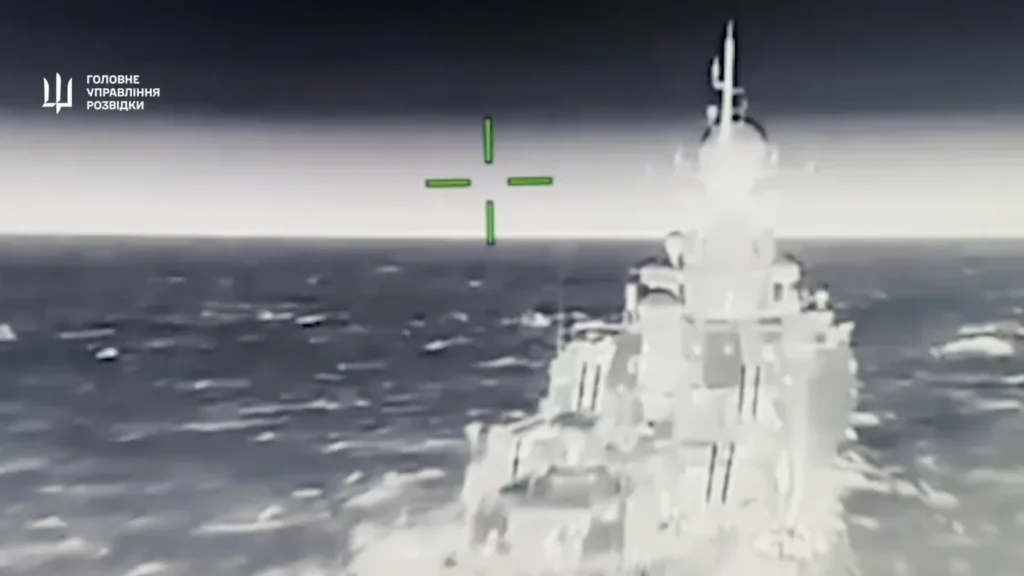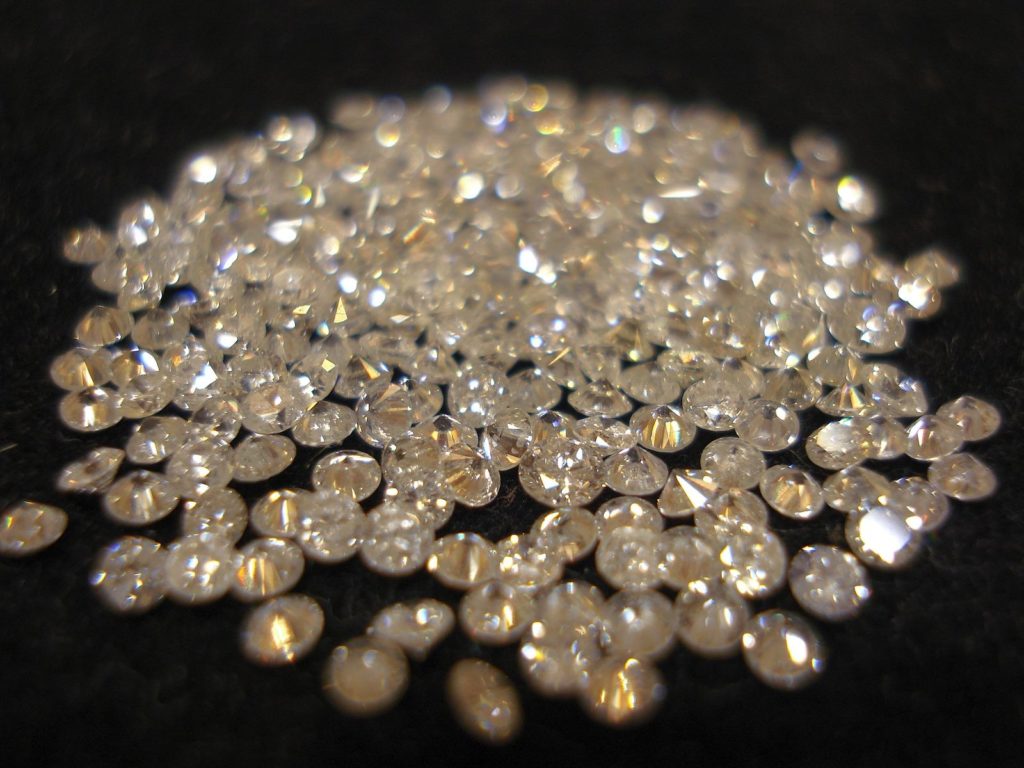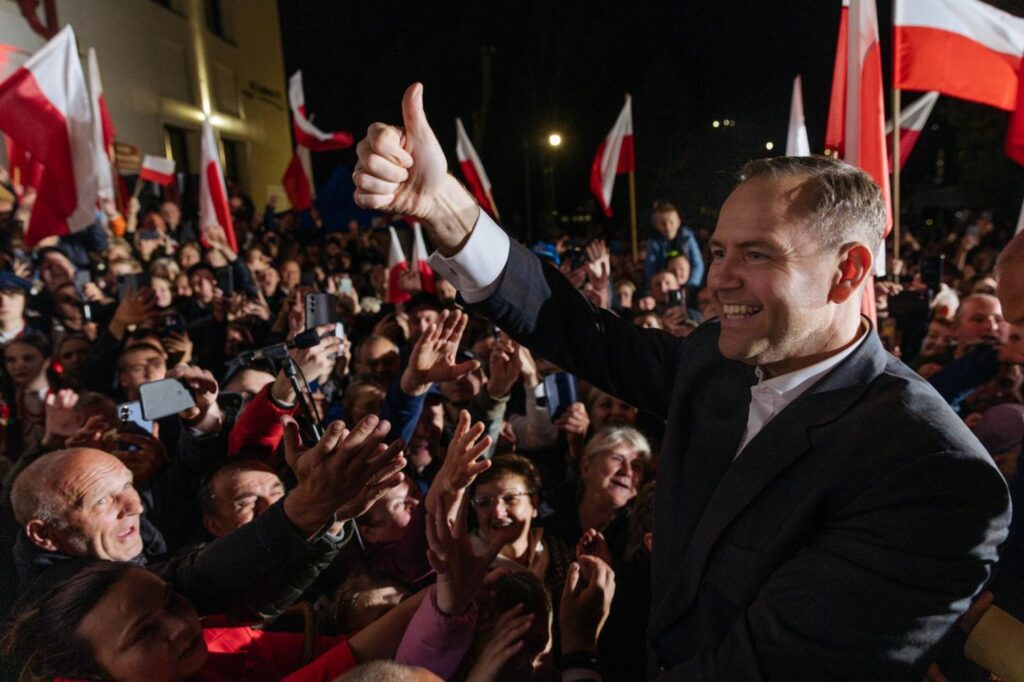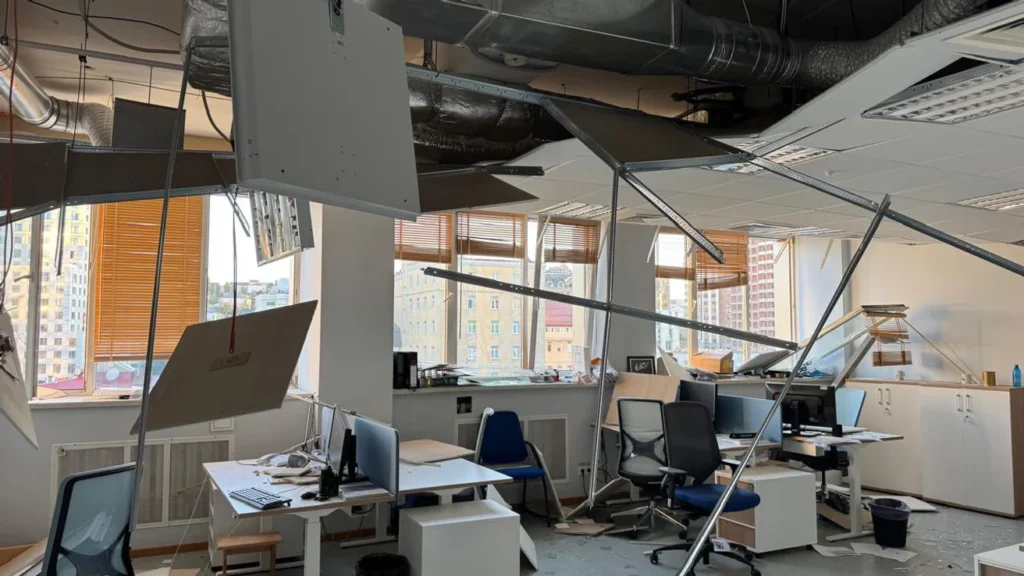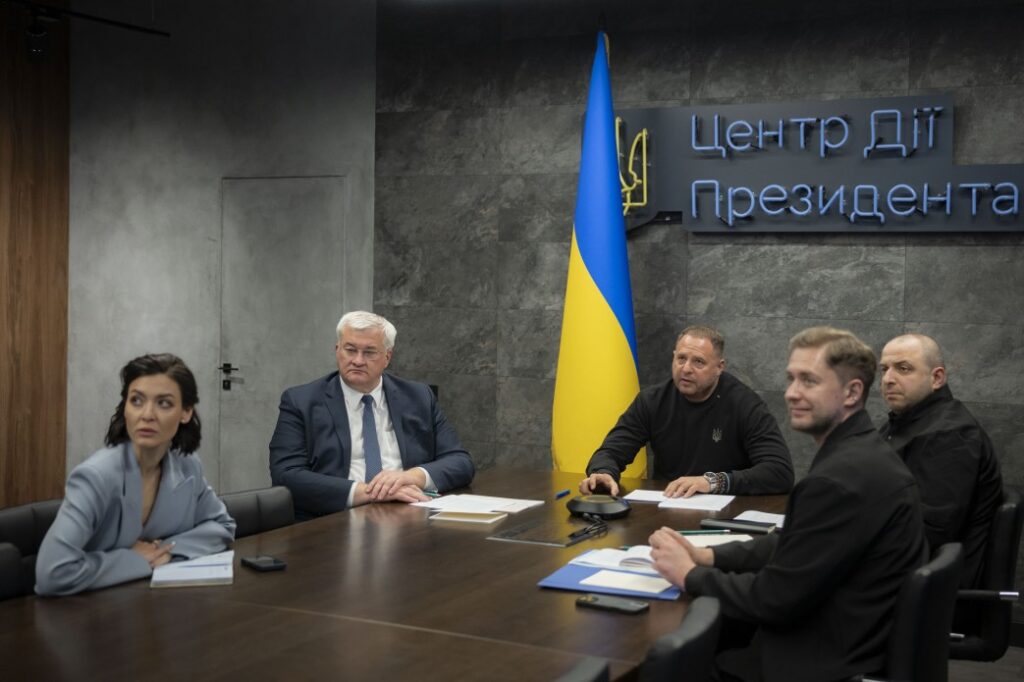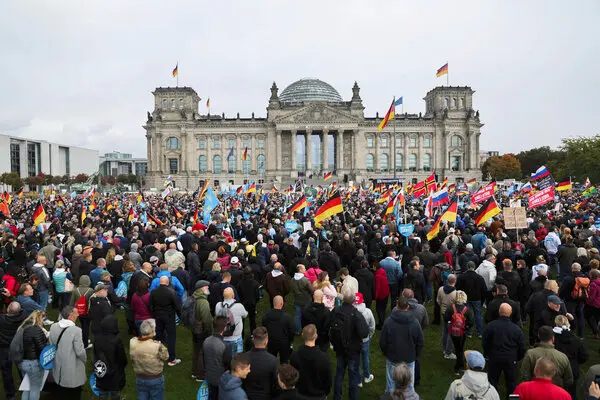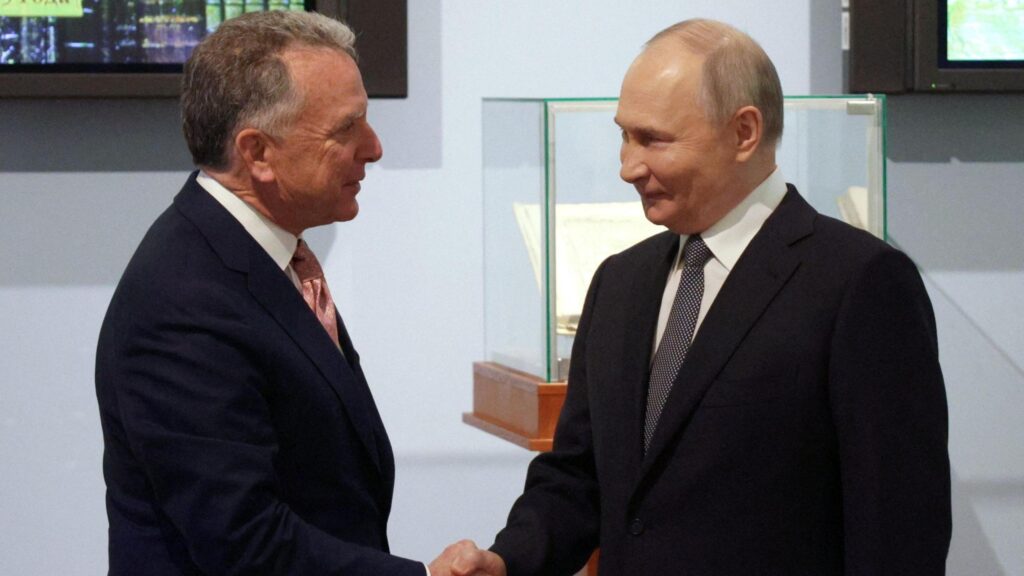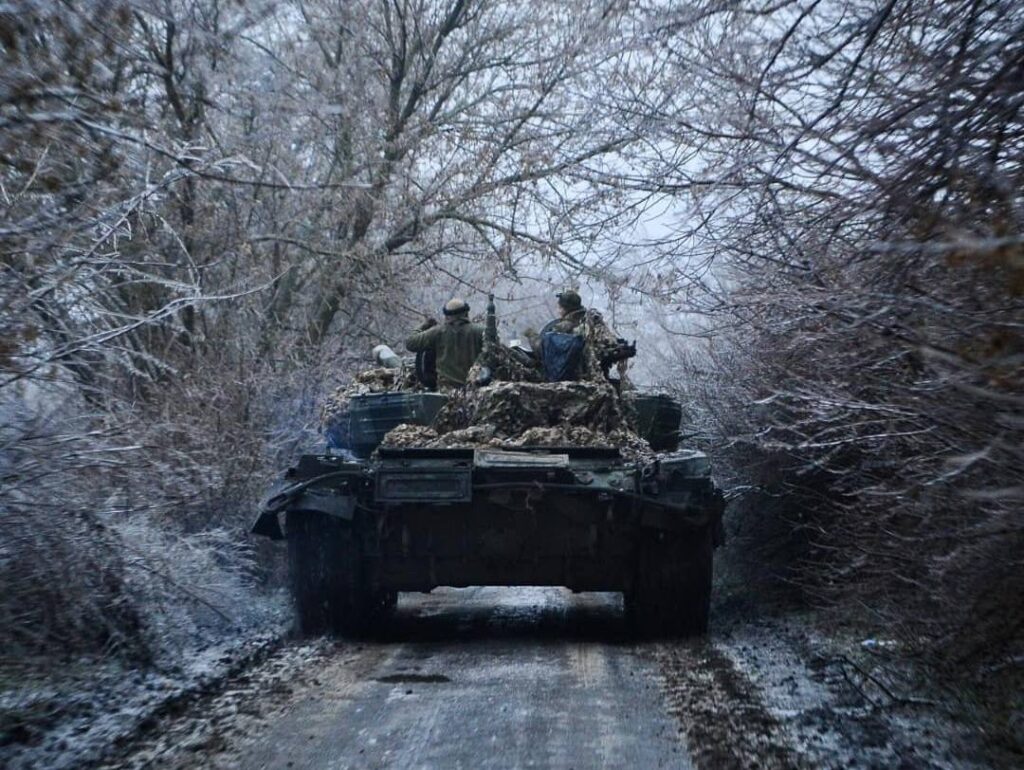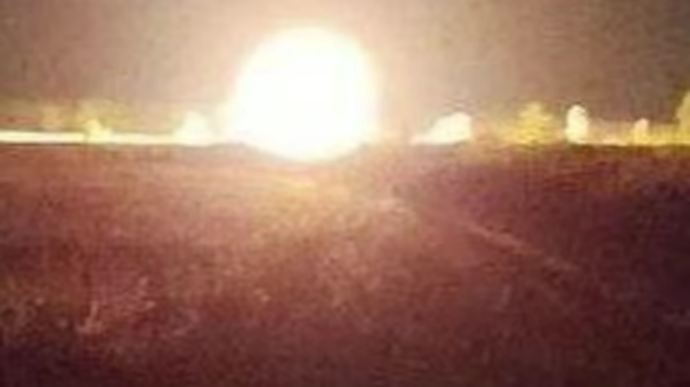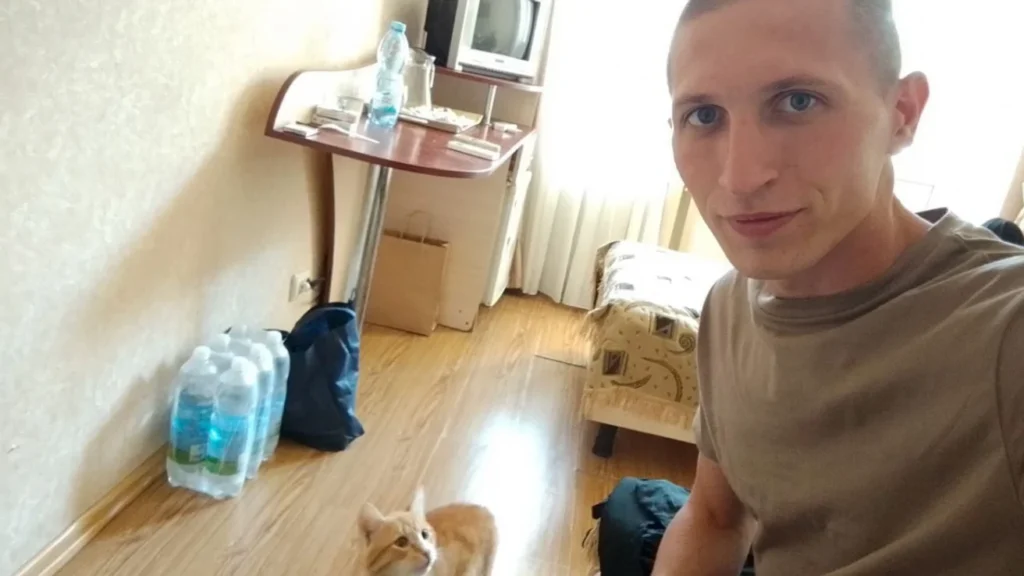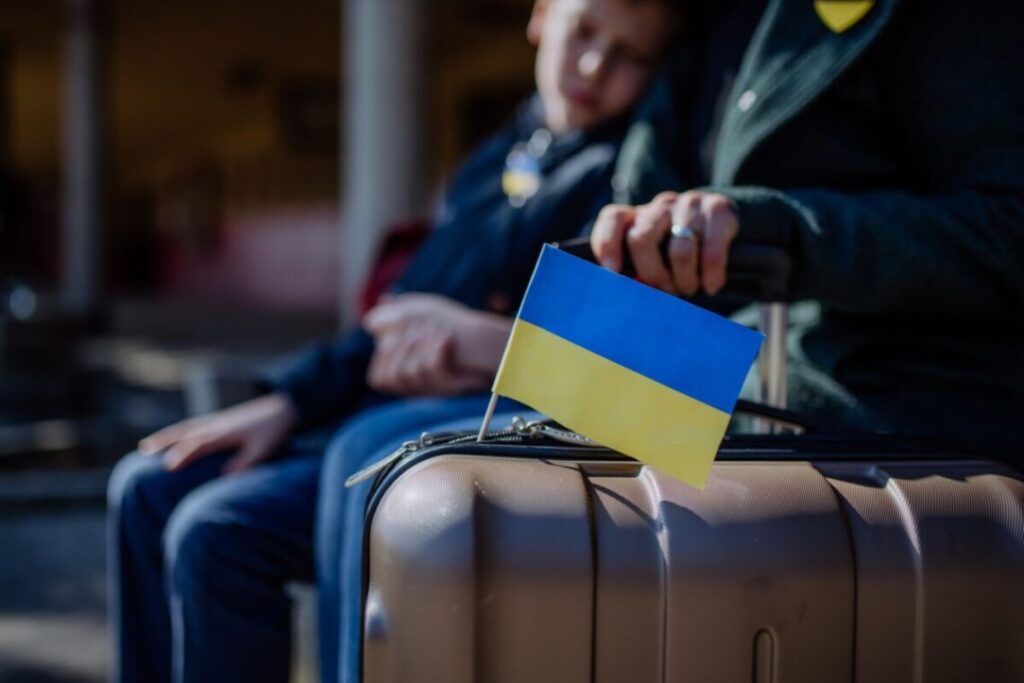Hungary continues to veto Ukraine’s accession to EU
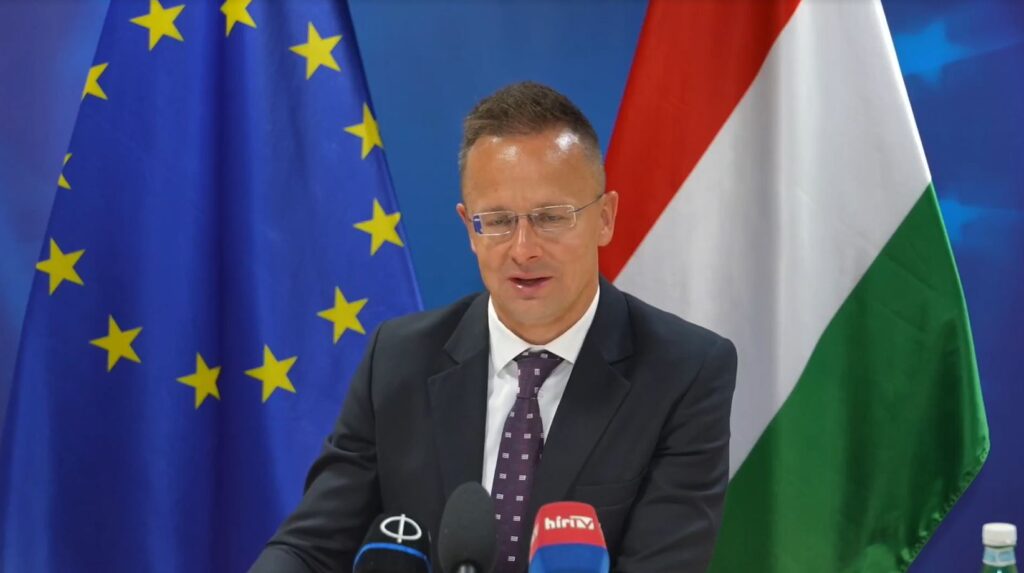
Hungarian Foreign Minister Peter Szijjarto announced on 30 August that Budapest will block the opening of substantive negotiations on Ukraine’s EU membership, citing concerns over agriculture, security, and energy costs.
Hungary, led by Prime Minister Viktor Orbán and Foreign Minister Péter Szijjártó, has been actively vetoing Ukraine’s accession process to the European Union. Viktor Orbán is widely regarded as a close ally of Vladimir Putin, positioning Hungary as a key supporter of Russian interests within the EU.
Speaking after an informal EU foreign ministers meeting in Copenhagen, Szijjarto said Hungary “will not allow the substantive part of the accession negotiations, i.e., the specific rounds of the negotiations, to be opened,” according to Hungarian media reports.
The minister justified the position by claiming Ukraine’s EU membership “would destroy Hungarian farmers, Hungary’s food security, and allow the Ukrainian mafia to enter Hungary.”
Szijjarto accused Brussels and most EU member states of prioritizing war continuation over peace negotiations.
“Brussels and most European Union member states are preparing for the long-term continuation of the Ukrainian war, are not interested in the success of peace negotiations, and are ready to send many more thousands of billions of forints to Ukraine,” he said.
The Hungarian official criticized the European Commission for acting “practically as a Ukrainian Commission, completely representing Ukraine’s interests, contrary to the interests of member states” during the Copenhagen discussions.
Hungary outlined four specific areas where it will maintain opposition to EU policy on Ukraine. The country will continue supporting US President Donald Trump’s peace efforts, as “only an American-Russian agreement can bring about a settlement,” Szijjarto said.
Ukraine applied for EU membership shortly after Russia’s invasion in 2022 and received candidate status within months. However, Hungary’s veto power as an EU member allows it to block further progress.
The Hungarian position comes amid broader EU discussions about Ukraine’s integration path and continued financial support. Hungary has consistently opposed aid packages to Ukraine and sanctions against Russia throughout the conflict.
On 13 August, Szijjarto condemned a Ukrainian drone strike on a distribution station of the Druzhba oil pipeline in Russia’s Bryansk Oblast. Hungary relies on this pipeline for most of its crude oil imports and remains one of two EU countries, along with Slovakia, still importing Russian oil via Druzhba under EU sanctions exemptions.
